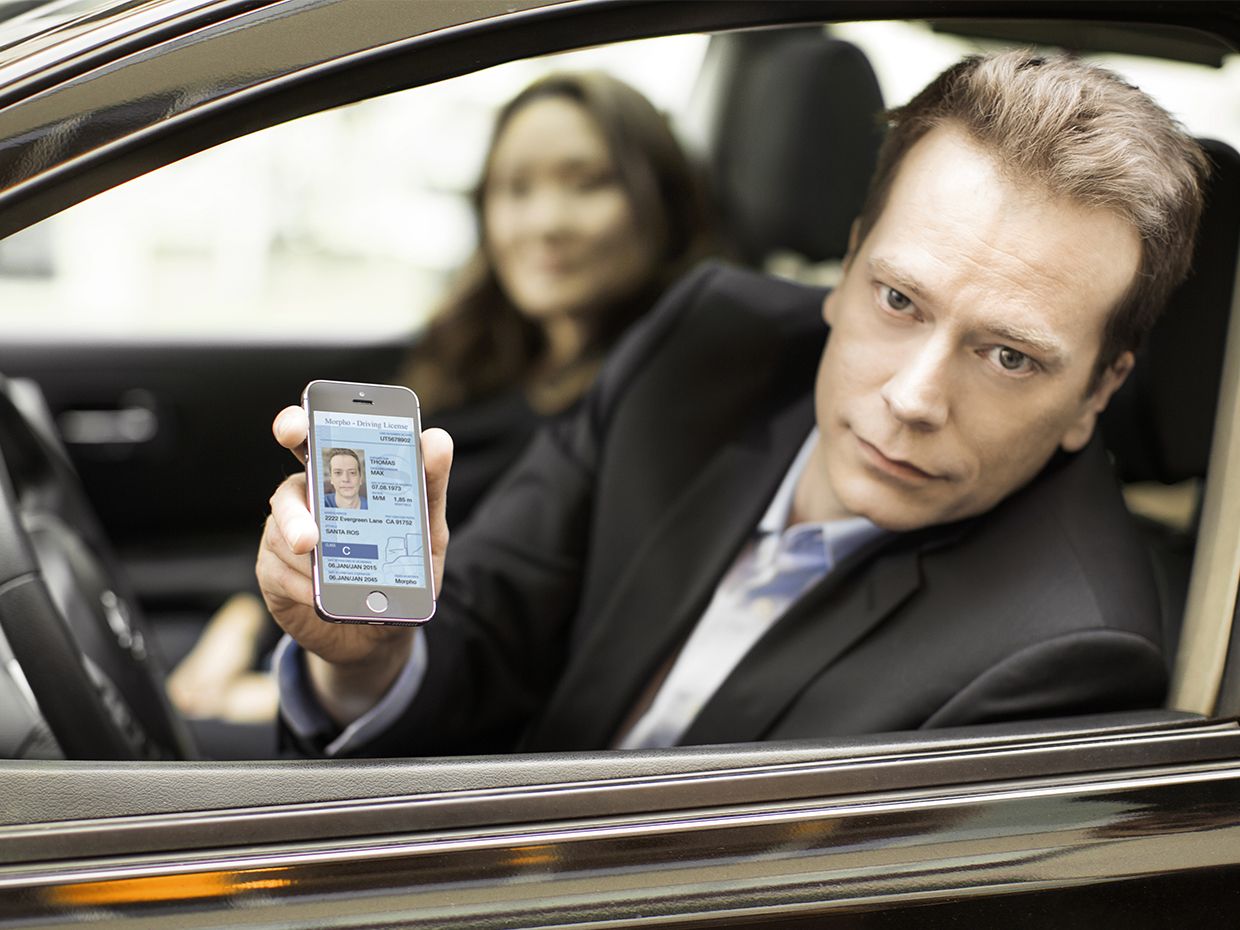Texas Hires HughesNet
For many state governments, HughesNet provides the perfect solutions for certain broadband services. Several states have hired Hughes for this; Texas is the latest.

Last week, the Texas Department of Information Resources awarded a multi-year contract to HughesNet. This was for managed network services.
Tony Bardo, an Assistant Vice President for Government Services at Hughes, called the new contract an important milestone. Usually, state governments award separate contracts for each service. And almost all go to incumbent vendors. Lately, though, several states have begun to hire multiple vendors for each service. This, Bardo says, creates opportunities for late arrivals such as HughesNet.
It may help you to know the meanings of these terms. With that in mind, we’re here to help: SD-WAN means ‘software defined wide area network’. SD networks rely on automated software programs for tasks that once required physical controls. A WAN is a large information network that does not depend on signals from a single location.
The New Kid in Town
Bardo said, “These state contracts are just now beginning to emerge and add vendors, and add choice and options. The SD-WAN and the managed broadband network market in the state governments is about to explode, I think.”
HughesNet won its first contract for state managed network services four yeas ago. It was one of three vendors qualifying in Pennsylvania. Since then, Bardo says, HughesNet has won similar contracts from Colorado, Massachusetts, Oklahoma, Virginia, and Washington. “I would like to get fifty sets of contracts, and we’re working on it”, Bardo said. “The list is growing as we speak. New Jersey just issued an RFP ( request for procurement) and we’re responding to that… We’re also doing a North Dakota procurement right now.”
What is Texas getting?
You may think of HughesNet as a provider of satellite web connections for sparsely populated rural areas. You might not know the firm also offers managed services over cable, fiber, wireless, and fixed wireless networks, though. And with more than four hundred partners, Hughes can coordinate and manage many other services.
If you need specialized internet services, contact us. You might be surprised at what we can do for you.
Call 1-855-216-0185
For the best deals in home broadband connections, contact Satellite Country. We can help. Call today.


